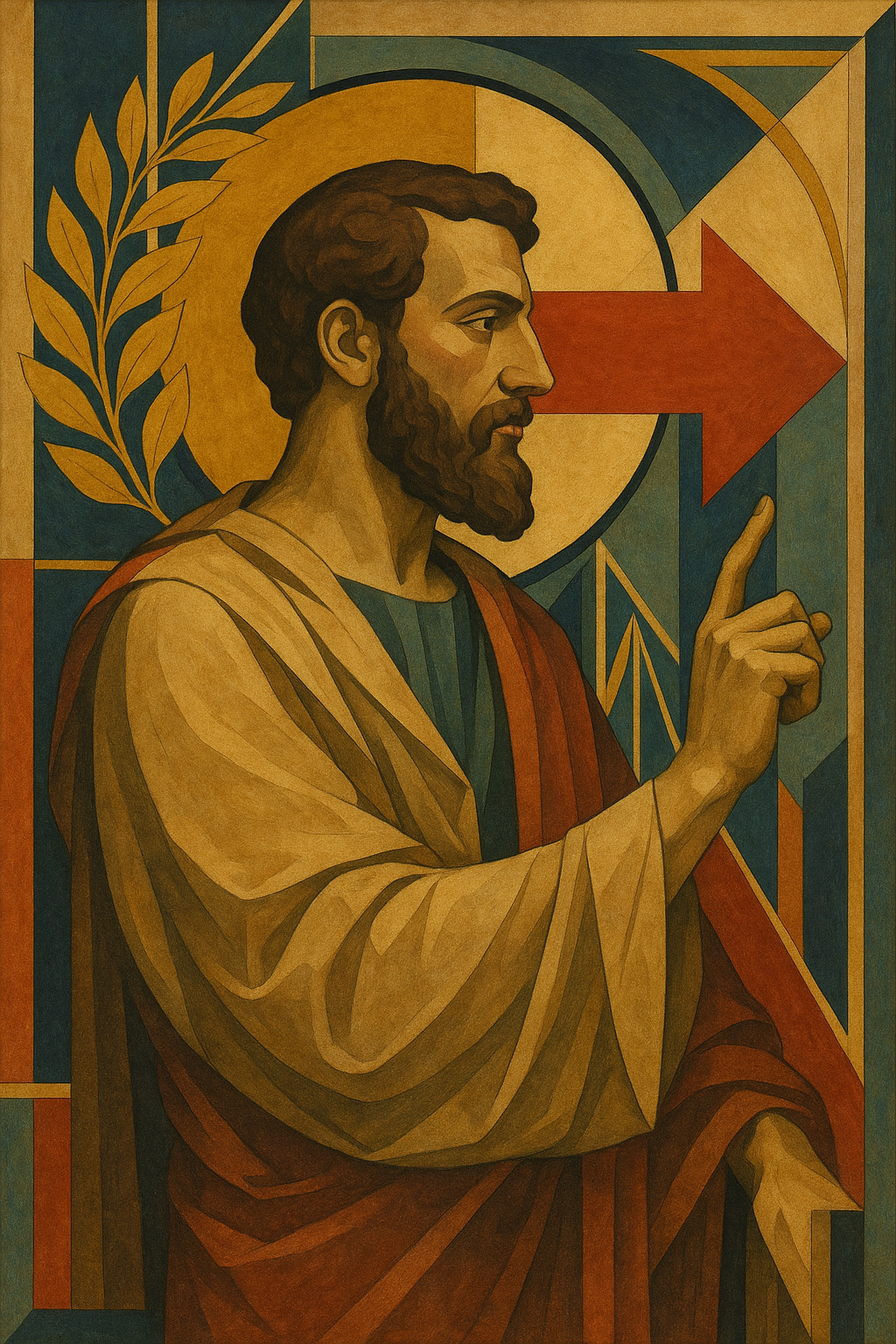Why The Counter-Revolution Wins
Thought leadership sets up political leadership.

Whether you lean politically to the right or to the left, the truth of the matter is that the right wing of the political spectrum has seen rapid growth over the past few years. The right wing is conservative and counter-revolutionary: while the left generally seeks to upend the status quo in favor of a new social order, the right looks to preserve the existing status quo and, if defeated, to restore it.
The political success of these parties largely depends on their messaging (no shit, Sherlock). Movements need consistent messaging to assemble a winning coalition, and that message always has its roots in the thought leadership of each party, whether that thought leadership is academia, the seminary, or the media. And trying to understand the thought leadership of each faction gives a sense of why things are the way they are: thought leadership sets up political leadership.
The political right is keyed into traditional philosophies, drawing its guiding values from the Christian Bible on social issues (even if the political leadership often fails to live up to those values). Having consistent thought leadership is why the political right is consistently more organized, disciplined, and unites behind a candidate.
Why isn't the left winning? Because it's doing the opposite: their guiding philosophy changes so frequently with the zeitgeist of academic liberalism and the latest social issues of the day that people who may have been part of the left-wing coalition a few years prior now find the goalposts moving. This results in fragmentation, division, and incompetence.
These are generalizations - exceptions exist, and the specifics of the thought leadership will change for each major faction. The advantage the counter-revolutionary has is using tradition and nostalgia to forge a consistent message. The challenge for the revolutionary is to give meaning to the future, because nihilism votes no.





